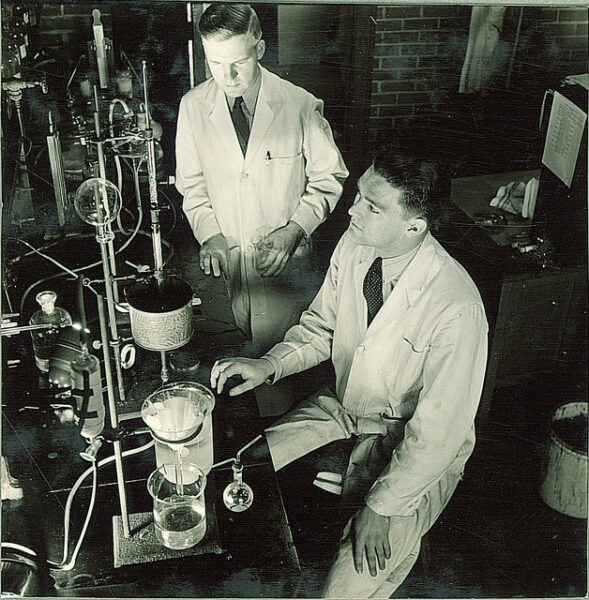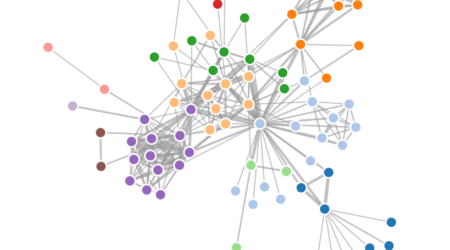Genetically modified organisms and hydraulic fracturing are two of the most innovative and controversial emerging technologies of the 21st century. Ask many industrial leaders, and they will tell you these new technologies have immense potential benefits for society. Ask critics, and they will point to the grave hazards these technologies represent for both people and the environment. Given this tension, decisions about whether and how to advance these new technologies require careful consideration and regulation.
The UC Berkeley Science Governance & Risk Futures Working Group is interested in tackling questions about the best regulatory measures that are emerging alongside these and other 21st-century technologies. The group was formed by David Winickoff, Associate Professor of Bioethics and Society at UC Berkeley, and Dr. Samuel A. Weiss Evans, Associate Director for Research at the Matrix-affiliated Center for Science, Technology, Medicine, & Society (CSTMS), who maintain a shared interest in analyzing the governance of emerging science and technology.
The working group focuses on analyzing the implications of scientific discovery today, and is “seeking ways to build a community of interested scholars in the Bay Area,” Evans explains. The group’s meetings bring together scholars from diverse disciplines, such as law, history, and anthropology; the group received a grant from the UC Institute for Global Conflict and Cooperation, and is organizing a series of events to examine some of the issues that arise from using extant forms of governance for managing the risks from emerging science and technology.
Through this initiative, Evans and Winickoff are considering the historical precedents of regulatory measures in scientific innovation, with an aim to develop better approaches to governance. They have written pieces analyzing the governance of geoengineering (e.g. hydraulic fracturing) and synthetic biology (genetically modified organisms), and are currently drafting a paper about common types of governance for emerging technologies.
“In addition to a workshop in the Fall of 2014,” Evans explains, “we will be continuing a focus on geoengineering governance problems, along with those in the development of ‘biofuel’ alternatives to fossil fuels.”
The working group will continue to outline the approaches that current governance structures provide for regulating scientific and technological development, while exploring how the regulatory structure may need to evolve to keep pace with rapidly evolving fields. The challenge, Winickoff says, is that many of the risks of scientific innovation are not yet known, which means that strategies for mitigating these risks are difficult to put in place. While there are national guidelines for risk management related to developing technologies, these do not account for unknown risks that are “lying in wait,” nor do they typically address the need for transnational collaboration.
Advocates and public officials have played important roles in regulating scientific experimentation in the past. In many of these cases, the risks of harm to human subjects have been direct and immediate. The Nuremberg experiments, the African AZT trials, the Tuskegee syphilis study, and the Stanford prison experiments all represent cases where scientific actions became public, uproar ensued, regulations changed, and ethical standards were subsequently updated and regulated.
The Science Governance and Risk Futures group hopes to learn from these cases, and to conduct exploratory work in new terrain, as the stakes of scientific and technological innovation are greater than ever. They also explore the possibilities for political action where risk is less immediate, but foreseeable. “With today’s global production capabilities, it is often who has knowledge of something, rather than who has the thing itself, that poses the security risk,” says Winickoff.
Among the questions raised during the working group are: should activist groups and other interested members of the public have the authority to regulate experimental activity—and if so, how? As science and technology march on, how do we effectively engage and work toward an ethical and equitable future?
These issues are immediately pressing, and the research of this working group will afford compelling comparative perspectives on technological governance for now and into the future. As Evans notes, “the working group will continue to be a place of rapid conversation between Bay Area leaders in thinking about the governance of emerging technology.”



